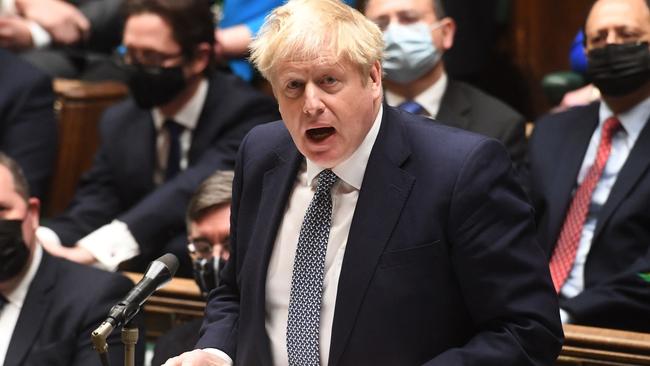
The government estimates the average household’s energy bill rose 6 per cent in 2021 for electricity and gas combined, to £1,339 (AUD$2523). That may conceal much bigger increases for some households. Some 25 suppliers have failed since August, pushing thousands of businesses and some two million domestic customers (8 per cent of all households) to new suppliers potentially at higher rates.
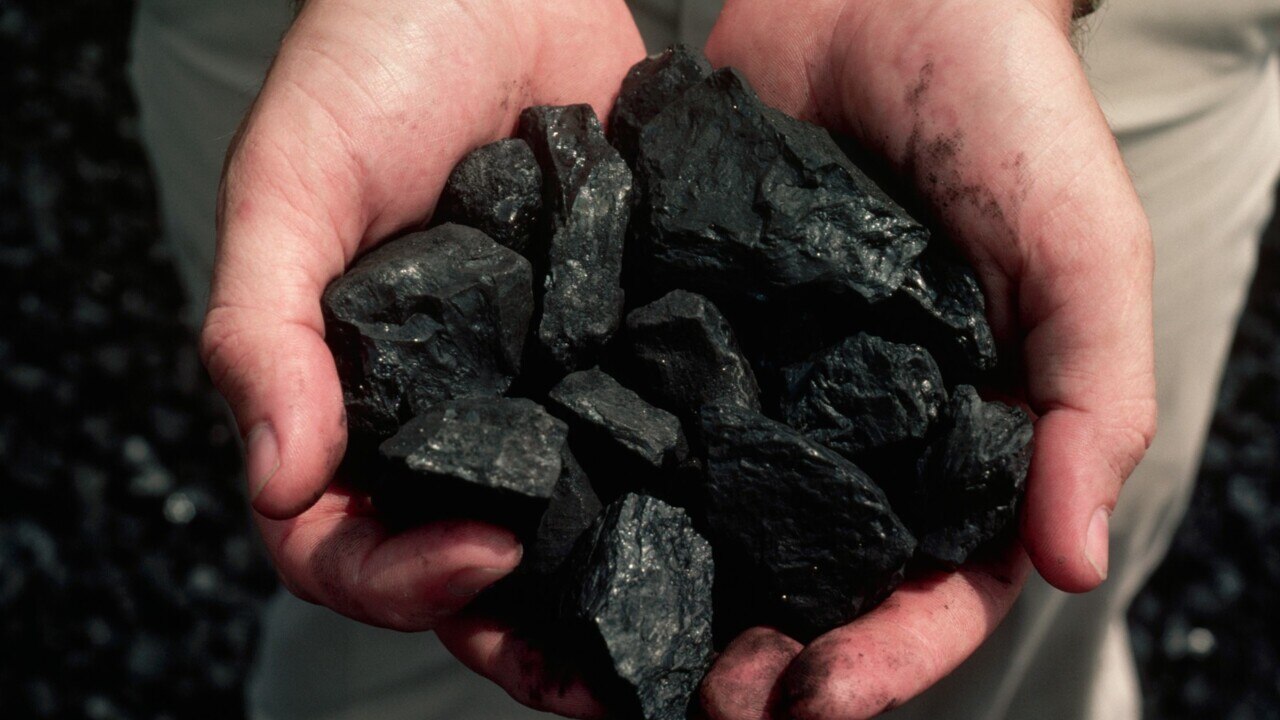
The cause of this fiasco is green-energy favouritism amid a global surge in fuel prices. Retail suppliers were unprepared for surging wholesale gas and electricity prices, thanks to a cap on household energy prices imposed by Mr. Johnson’s hapless predecessor Theresa May. That cap, which became Tory Party orthodoxy, prevented retailers from accruing higher profits when wholesale prices were lower to protect themselves from supply shocks. But it also offers little lasting protection for consumers. Rising wholesale prices could force regulators to increase the price cap by 50 per cent at its six-monthly review in February.
Britons are paying the price for decades of green policies that have made their energy grid less resilient and less affordable. Mr. Johnson didn’t start this bad-policy trend but he has done his best to make it worse.
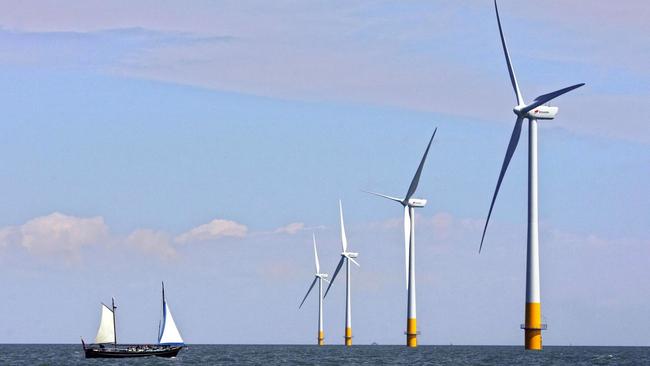
The main culprit is chronic preferential treatment for renewable energy sources such as wind and solar. Since the early 2000s, the government has mandated that utilities buy from renewable generators an increasing share of the power they sell to consumers. London also subsidises new renewable capacity by guaranteeing suppliers a higher-than-market price for the electricity they plan to sell. The cost reaches to about £10 billion a year.
Renewables other than nuclear now account for nearly half of Britain’s installed electric-generating capacity, compared to 4 per cent in 2000. The problem is that the wind doesn’t always blow and the sun definitely doesn’t always shine in the famously rainy U.K. Nuclear capacity has fallen to 8 per cent of electricity generation from 16 per cent two decades ago, leaving gas to fill the gap — the same gas that has seen rapid price increases.
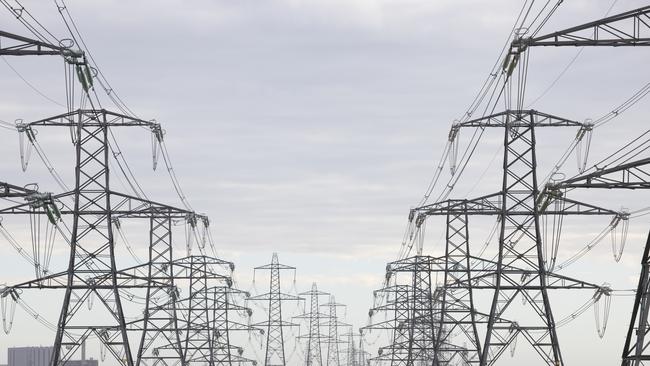
It’s expensive to ramp up electricity supplies in a hurry. The national grid operator expects to spend £3 billion in the current fiscal year in so-called balancing costs. That’s what it needs to pay to backup suppliers to fill temporary gaps between supply and demand, most of which these days are caused by insufficient renewable generation.
Mr. Johnson wants to make this worse. His grand plan for achieving net-zero CO2 emissions, released ahead of last year’s COP26 climate conference, would push ahead with total “decarbonisation” of electricity by 2035.
Britain could have produced more gas domestically, which might have restrained price increases at the margin. But Tory governments failed to deploy new hydraulic fracturing technology in areas that have untapped gas, while investment in North Sea oil and gas fields has languished under green hostility. Mr. Johnson’s proposed phase-out of the gas boilers most homes use for central heating and hot water threatens less future demand for gas, making investment in new extraction less economical.
Put together, this means British businesses and consumers pay higher taxes and utility bills to fund renewables — and now also are paying higher prices for gas-fired power. No wonder voters are starting to rebel.
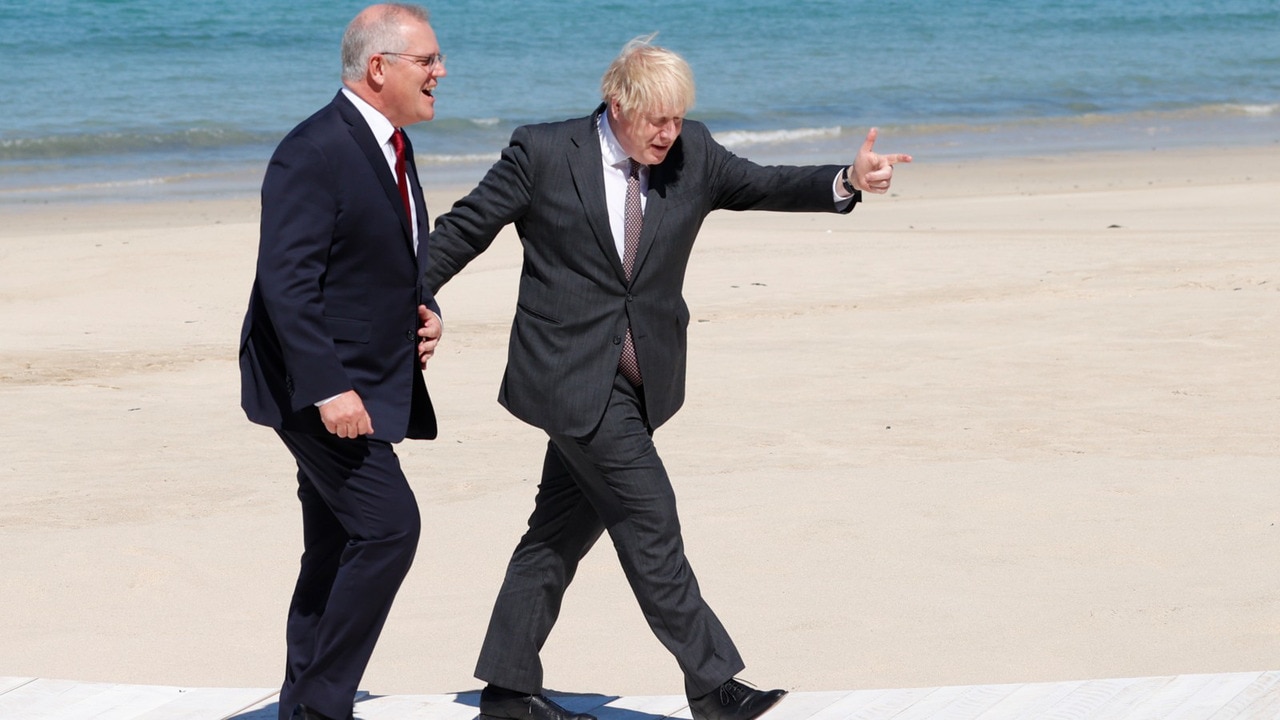
So are some in Mr. Johnson’s party. Twenty MPs published a letter in the Telegraph this month begging Mr. Johnson to lift the 5 per cent value-added tax on energy bills as well as various green levies they say add nearly 25 per cent to household costs. Lee Anderson, a Tory who won his midland seat from Labour in Mr. Johnson’s 2019 landslide, warned in the Daily Mail that his constituents already are disillusioned with the Conservatives over energy costs.
Mr. Johnson is resisting the VAT cut on the bizarre grounds that it would subsidise rich households. But the energy-price debacle is giving his party another reason to oust him on top of the Covid garden-party scandals. All of this is a warning to parties of the right around the world tempted to indulge green illusions at the expense of kitchen-table realities.


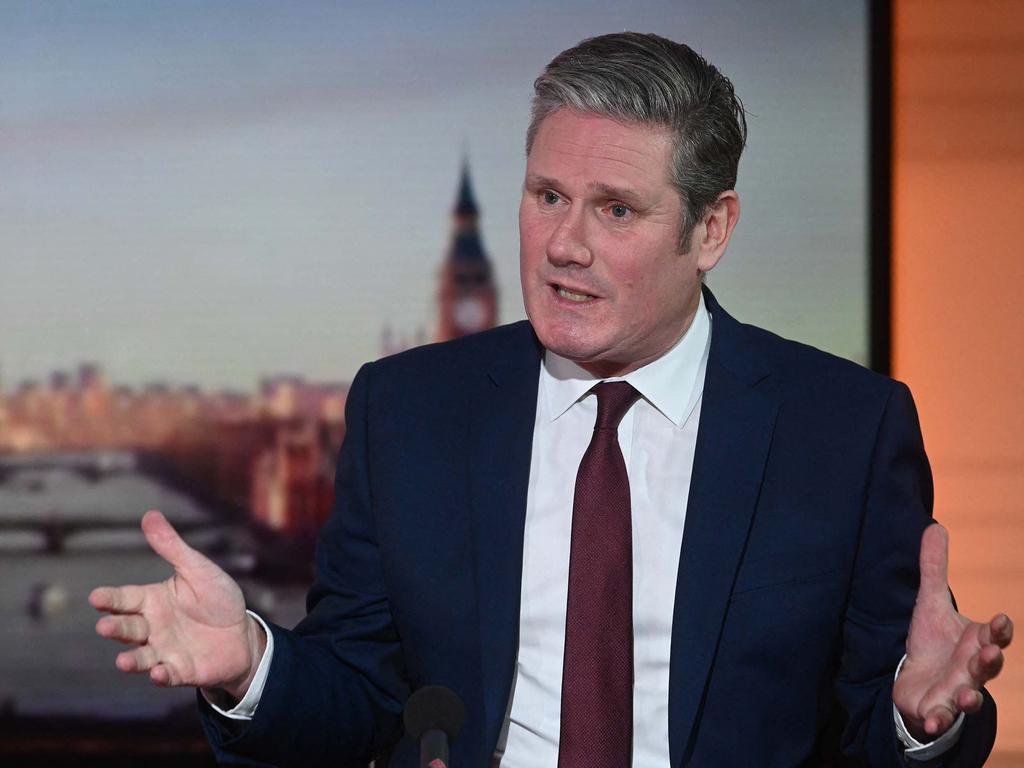





Boris Johnson is fighting for political survival amid a scandal over parties during pandemic lockdowns in 2020. And if only that were the UK Prime Minister’s only problem. “Party-gate” is proving so damaging because the news has landed on an electorate already exasperated with Mr. Johnson over soaring energy costs.